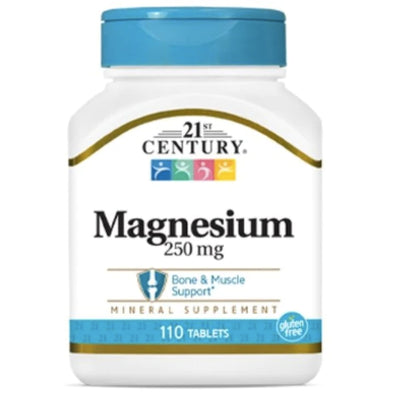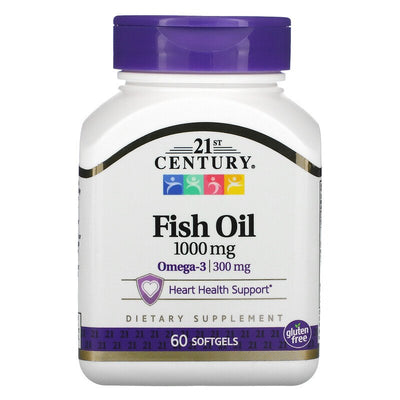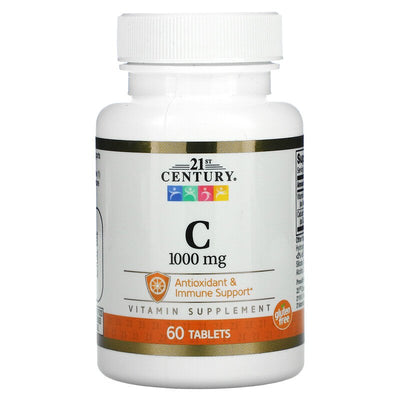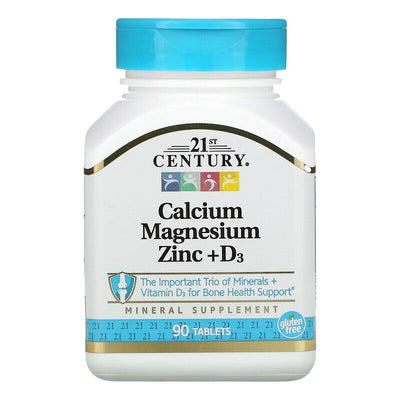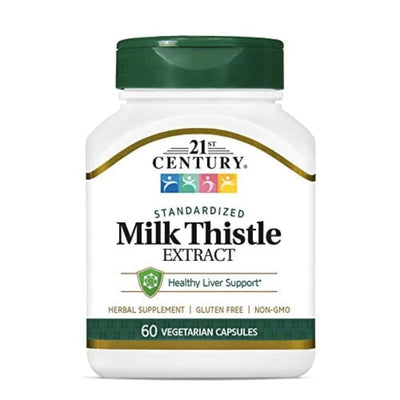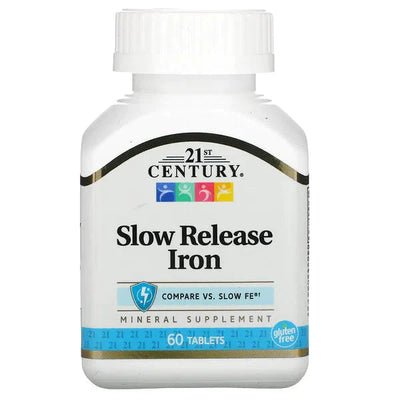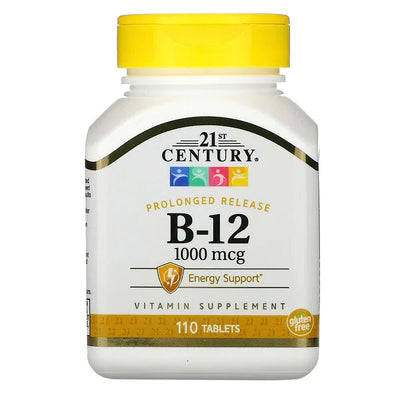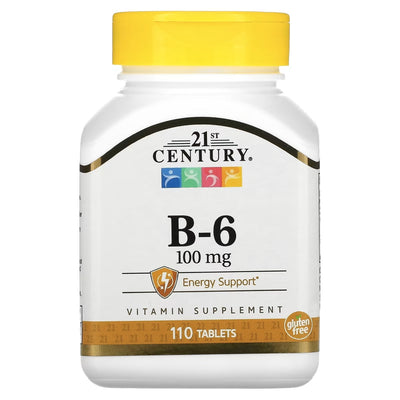Understanding Creatine’s Role in Endurance
Creatine is primarily known for its ability to rapidly regenerate ATP (adenosine triphosphate), the primary source of cellular energy. While this is particularly beneficial in high-intensity, short-duration exercises, creatine also offers several advantages for long-duration activities by improving efficiency in energy utilization, reducing fatigue, and enhancing recovery.
Enhanced Energy Production
Creatine supplementation can help maintain ATP levels during prolonged periods of exercise, potentially delaying the onset of fatigue. This can be crucial for sports like cycling, running, or swimming over long distances.
Improved Cellular Hydration
Creatine helps increase water content within muscle cells, which can be beneficial for endurance athletes as it aids in maintaining hydration status during extended activities, especially in hot conditions.
Reduced Muscle Damage
Studies have shown that creatine can reduce muscle inflammation and cell damage following long endurance events. This leads to quicker recovery times and less downtime between training sessions.
Efficient Oxygen Usage
Creatine has been shown to improve the efficiency of oxygen utilization during peak exercise. This means that endurance athletes might sustain higher intensities for longer periods, improving overall performance.
How Endurance Athletes Should Use Creatine
Opt for Smaller Doses
Endurance athletes may benefit from a smaller daily dose of creatine, around 3-5 grams, without the need for a loading phase typically used by strength athletes. This helps avoid unnecessary weight gain from water retention that could hinder performance in endurance sports.
Timing Matters
The best time to take creatine for endurance athletes is post-workout when the muscles are most receptive to nutrient uptake. This maximizes creatine absorption and enhances recovery processes.
Combine with Carbs
Taking creatine with a carbohydrate-rich meal or drink can increase its uptake due to the rise in insulin levels, facilitating more creatine to be stored in the muscles.
Stay Hydrated
Increased hydration is crucial when taking creatine, as it helps manage the increased water retention within the muscles and supports overall fluid balance.
Potential Concerns
Weight Gain
Some endurance athletes may experience slight weight gain due to increased water retention in muscles. It's essential to monitor body weight and adjust creatine intake if performance in weight-sensitive sports is affected.
Digestive Issues
In rare cases, creatine may cause stomach discomfort or bloating, particularly if taken in large doses without sufficient water.
Conclusion
Creatine offers significant benefits for endurance athletes, from enhancing energy production and reducing fatigue to improving recovery times. By understanding how to tailor creatine use to their specific needs, endurance athletes can enjoy the performance-boosting effects of creatine without the common concerns associated with its supplementation in strength sports. For those looking to integrate creatine into their training regimen, it's available at Supps247, where a variety of creatine supplements are tailored to meet the needs of diverse athletic demands. As with any supplement, it’s advisable to consult with a healthcare provider before beginning any new supplementation, especially to ensure it aligns with your overall health and athletic goals.









